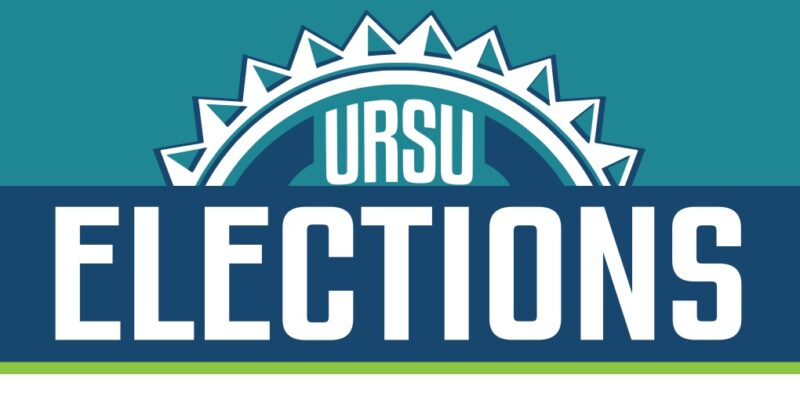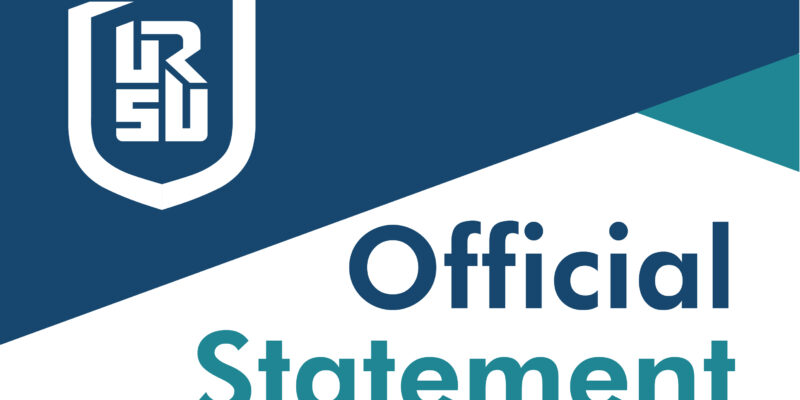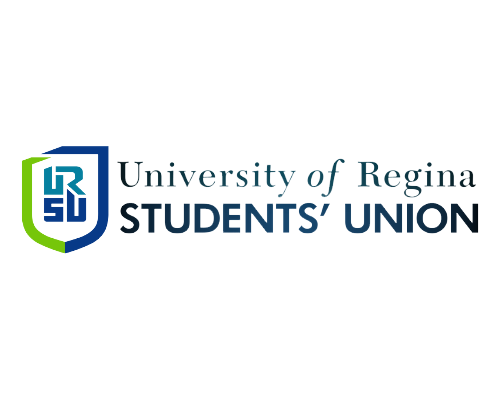The unfortunate reality is that the state of the university is changing rapidly before our eyes. In the current system of growing costs and reduced funding, cuts have become a yearly reality. The fact is that with zero increase over last year’s provincial budget that saw unprecedented cuts of more than 5%, something had to give. In this round of cuts, the unlucky candidates are men’s volleyball and both wrestling teams. They became the latest victims in a reduced funding environment, which is exacerbated by a lack of government support for the university.
For a few years now, the university’s annual predicament has become what will be cut next? Can we afford to hire full time faculty or fill vacancies? The answer is that this all depends on how much of the university’s budget the government is willing to support. The university depends on government support and tuition to exist, and so when government support goes down, then tuition automatically goes up. There are many issues at play here and there is no denying that the university is in dire need of reform. However, addressing the matter will require both the university and the government facing up to the grotesque state of post-secondary education. The themes of mental health, food shortage, student debt, inaccessibility, and the quality of education have become all too present when speaking about the university experience. The abrupt approach that is presently being used to try and deal with the issues are extremely superficial and don’t go anywhere near the root of the problems. Such an approach at addressing problems in an institution that is so central to the social and economic advancement of our society is extremely concerning.
We need an honest public discussion about what we want the role of our university to be. Presently, there are many competing ideologies, and the one that is winning is the one that is focused on profits over people. That is why the first areas to be cut are the Arts, which are based on the idea of creating a holistic individual who can deconstruct the structure of society through critical thinking. However, governments and the corporate funders are not so fond of these types of students. They become easy targets as the direct correlation between their studies and profitability or employability are not immediately apparent to many.
So, like the Arts, the teams that have been cut are not the teams that bring out a lot of fans (ticket sales) or garner lots of corporate support (sponsorships), and so from that standpoint they were the easiest targets. Also, they are not sports that rank highly on the radar of most Canadians and as such don’t evoke as strong an emotional response. Could you ever imagine if it was the Rams or the hockey teams that were cut? Even in the current financial climate it’s difficult to see that happening. Also, if those sports should ever become threatened there is the corporate funding that would come to the rescue, which makes those teams even safer than the Arts.
Once again, this is the new normal and will continue until students are committed to demanding an alternative reality. This can only happen when students are united to push for the change in protecting post-secondary, and treating it as the vanguard of our democracy, and not just as a means to get a “good job”. We at the URSU hope the disappointment of the community will transform itself into action and that we will all work together to hold the university and government accountable for their actions and decisions which have such a serious impact on our lives. So, we are looking forward to students coming out and putting pressure on the government to protect post-secondary funding as there is no greater investment than an investment in the holistic development of the mind and bodies of the youth, and athletics is a key part in that development, just like the Arts.
We appreciate that the university made the right decision to honour the scholarships of the student athletes who have been affected by these cuts. However, how long will students continue to live in a state of apprehension about what course, class, service or sporting program will be cut next because of a lack of funding?


